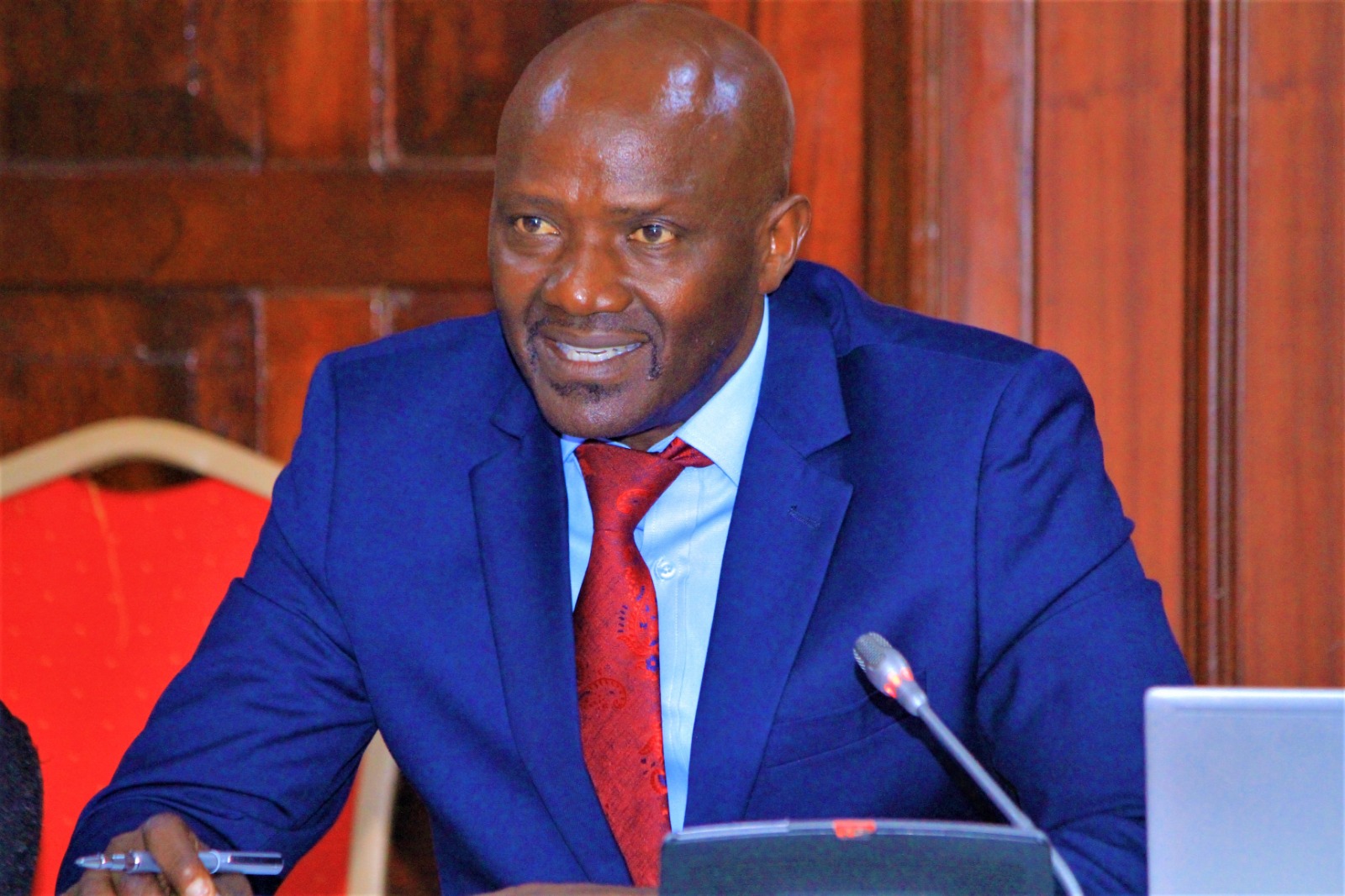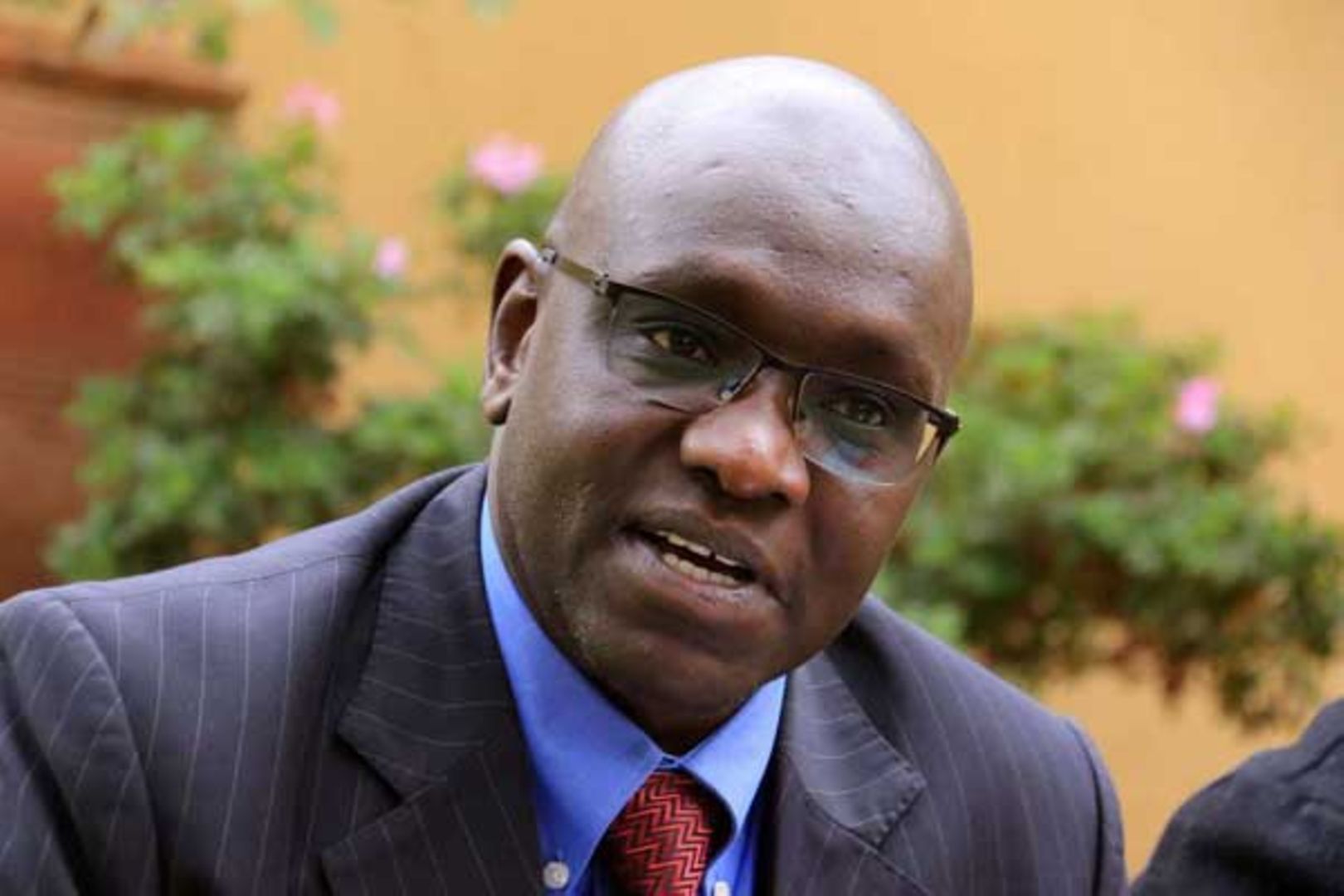Kiambu Health Crisis Worsens as KMPDU Declares Total Shutdown Ahead of Day 60 of Strike
Doctors in Kiambu County have declared a total shutdown as their strike nears 60 days, crippling health services. KMPDU accuses the county government of neglect and demands urgent intervention to restore dignity and safety in healthcare. The union has also called for the withdrawal of medical interns, citing unsafe working conditions and lack of supervision.
Madaktari watishia Kugoma: KMPDU imetoa makataa ya siku kumi na nne kwa serikali Madaktari wanalalamikia bima duni ya afya Pia wanataka kulipwa marupurupu yao #SemaNaCitizen Rashid Abdalla
Posted by Citizen TV Kenya on Thursday 24 July 2025
Healthcare in Kiambu County is on the verge of total paralysis as the Kenya Medical Practitioners, Pharmacists and Dentists Union (KMPDU) has announced a complete shutdown of medical services, with doctors staging a massive protest on Thursday. The industrial action, now approaching its 60th day, has left the county’s healthcare system in a critical state, with patients reportedly stranded and hospitals struggling to operate without adequate personnel or medical supplies.
In a bold statement on Wednesday evening, KMPDU Secretary General Dr. Davji Atellah said that healthcare workers will convene at Kiambu Level V Hospital at 10am, from where they will march to the County Assembly and finally to the Governor’s office. He described the situation in the county’s public health facilities as catastrophic, pointing to hospitals operating without doctors, a severe lack of drugs, overstretched caregivers, and what he termed “leaders without a plan.”
“The protest is not just about unpaid salaries or working conditions,” Dr. Atellah asserted. “This is about saving lives, restoring dignity, and standing up for justice in a system that is collapsing. No healthcare worker should be forced to choose between their safety and their professional oath. No patient should be left to die in an abandoned ward.”
KMPDU has accused the Kiambu County Government of deliberate neglect, high-handedness, and an alarming silence in the face of a deepening health crisis. Dr. Atellah noted that instead of working with doctors to resolve the stalemate, county leaders have shifted blame to healthcare workers and are using public suffering as a political weapon. The union maintains that it has made several attempts to engage the county in meaningful dialogue — all of which were ignored.
The union further warned that if the current crisis in Kiambu is not urgently addressed, it could escalate into a national medical shutdown. Dr. Atellah stated that the union will not sit back as patients suffer and doctors are put in harm’s way. “We will not negotiate with silence, and we will not retreat from our responsibility to protect life,” he said. “To the people of Kiambu, we are with you. To the government, we are watching.”
Just days earlier, KMPDU issued a directive demanding the immediate withdrawal of all medical officer interns posted to Kiambu County. The union said the prolonged strike had created an unsafe and unsupportive environment for interns, who rely on senior doctors for supervision and mentorship. Dr. Atellah argued that placing interns in such conditions not only endangers their training but also poses serious risks to patient care.
“The current environment in Kiambu County violates every standard required for proper medical internship. There is no supervision, no mentorship, no learning — only risk,” Dr. Atellah explained. He called on the Ministry of Health to urgently reassign the affected interns to other counties with functional health systems and adequate supervision frameworks.
The union insists that unless the County Government of Kiambu and the national authorities take immediate, concrete steps to resolve the dispute, the healthcare breakdown will not only persist but may expand into other regions. As doctors prepare to march and raise their voices, the residents of Kiambu are left hoping for a swift resolution — one that will bring an end to the suffering in hospitals and restore confidence in the public health system.













